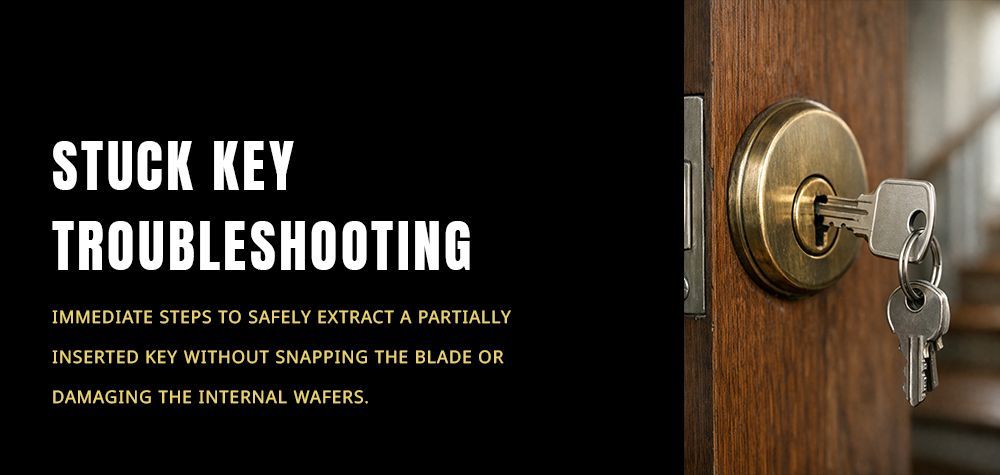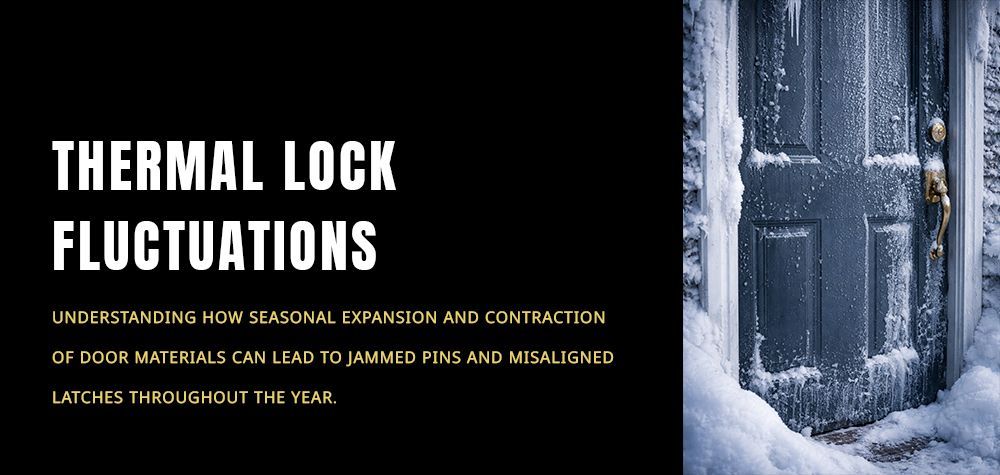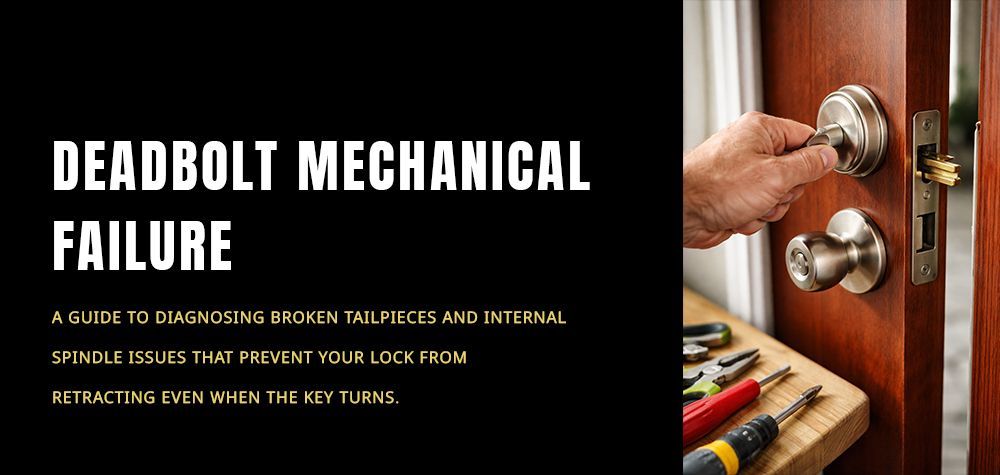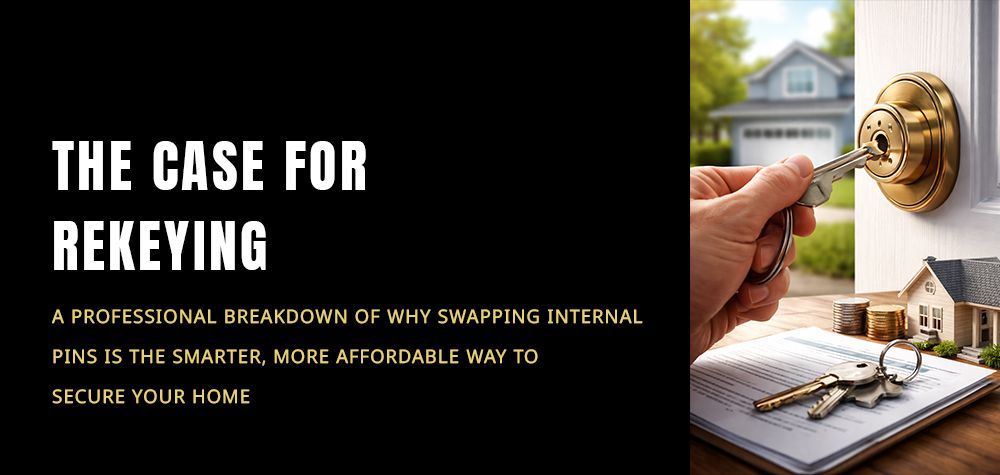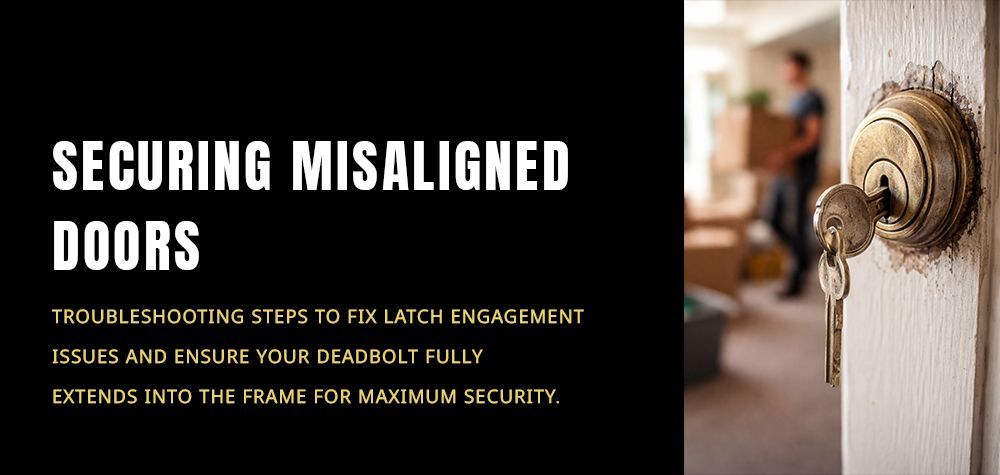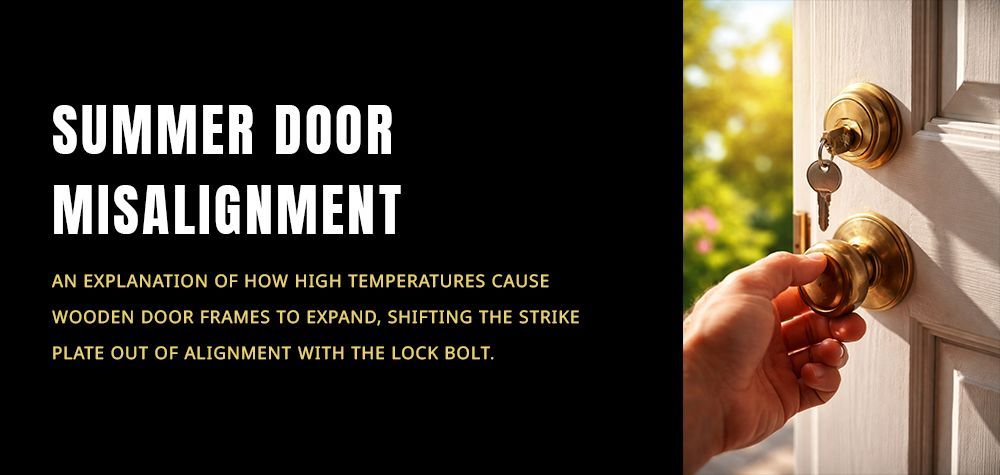What is the least hackable home security system?
In an age where digital connectivity governs our lives, even home security systems are not immune to hacking attempts. While the convenience of smart technology is undeniable, it can come with vulnerabilities if not implemented securely. Let’s explore the least hackable home security systems and how you can fortify your home to make it as secure as possible.
The Best Locking Mailboxes to Ensure No One Steals Your Stuff
Why Home Security Systems Are Targets for Hackers
Modern home security systems are often connected to Wi-Fi networks and controlled through apps, making them potential targets for cyberattacks. Hackers look to exploit weak passwords, outdated firmware, and unencrypted data streams to gain access to your system. If compromised, they can disable alarms, access camera feeds, or even unlock your smart locks.
A secure system minimizes these vulnerabilities through robust encryption, frequent updates, and advanced authentication methods.
Key Features of a Hack-Resistant Home Security System
To identify a truly hack-resistant system, it’s essential to look for the following features:
- End-to-End Encryption
Secure systems use end-to-end encryption to protect data transmitted between devices, ensuring that hackers cannot intercept or decode sensitive information. - Two-Factor Authentication (2FA)
Adding an extra layer of security with 2FA makes it nearly impossible for hackers to gain unauthorized access, even if they have your password. - Local Storage Over Cloud
Systems that offer local storage options reduce reliance on cloud services, which are common hacking targets. - Regular Firmware Updates
A good security system provides automatic updates to fix vulnerabilities and keep the software secure against emerging threats. - Tamper-Proof Hardware
High-quality systems have tamper alerts on cameras, control panels, and sensors to notify you of physical interference.
The Least Hackable Home Security Systems
1. SimpliSafe
SimpliSafe is a trusted name in the industry, offering a system designed with robust encryption and wireless communication protocols. With no direct internet connection to individual components, it minimizes hacking opportunities. SimpliSafe also provides professional monitoring and a cellular backup to keep your home secure, even during power outages.
2. ADT Command and Control
ADT has long been a leader in home security, and its Command and Control system features advanced encryption, smart home compatibility, and 24/7 professional monitoring. The system uses Z-Wave technology for secure communication and offers optional cybersecurity add-ons for added protection.
3. Abode Security
Abode’s systems are highly customizable and emphasize privacy and security. The platform supports local storage options and uses encrypted communication for all devices. Its modular design allows you to integrate only the features you need, reducing potential vulnerabilities.
4. Vivint Smart Home
Vivint systems are equipped with military-grade encryption and include features like doorbell cameras, motion sensors, and smart locks, all protected by advanced authentication protocols. Vivint also has professional installation to ensure every component is securely configured.
5. Ring Alarm Pro
Ring's Alarm Pro system offers end-to-end encryption for video feeds and integrates with the eero 6 router, adding an extra layer of network security. While Ring products have been criticized for previous breaches, the company has since introduced two-factor authentication and encryption upgrades, making it a safer option.
Steps to Further Enhance Security
Even with the best system, your home’s security depends on proper configuration and maintenance. Here’s how to ensure maximum protection:
- Use Strong, Unique Passwords: Avoid using default passwords. Opt for long, complex combinations that include letters, numbers, and symbols.
- Enable Two-Factor Authentication: Always activate 2FA for your account to add an extra layer of security.
- Keep Firmware Updated: Regularly check for and install firmware updates to patch vulnerabilities.
- Secure Your Wi-Fi Network: Use a strong password for your Wi-Fi and enable WPA3 encryption to prevent unauthorized access.
- Limit Third-Party Integrations: Only use devices and apps from trusted manufacturers to reduce hacking risks.
- Monitor Access Logs: Regularly review activity logs for unusual patterns or unauthorized access attempts.
Additional Tips for Maximum Security
- Opt for Wired Systems When Possible: Wired systems are harder to hack remotely since they don’t rely on wireless communication.
- Use a VPN for Remote Access: If you control your system through an app, a virtual private network (VPN) can add a layer of protection when accessing it remotely.
- Place Security Hubs in Inaccessible Areas: Keep the control hub or base station in a secure, hidden location to avoid tampering.
Are Completely Hack-Proof Systems Realistic?
While no system is entirely hack-proof, choosing a robust and secure option can significantly minimize risks. A well-designed system combined with proper user habits can make your home a less appealing target for hackers.
Conclusion
Securing your home is about more than just buying the latest gadgets—it requires understanding potential vulnerabilities and taking proactive steps to address them. The least hackable systems, such as SimpliSafe, ADT, and Vivint, incorporate features like encryption, 2FA, and regular updates to keep your data safe. By combining these tools with smart practices like strong passwords and network security, you can enjoy peace of mind knowing your home is protected against digital and physical threats.
Call Us Any Time!


